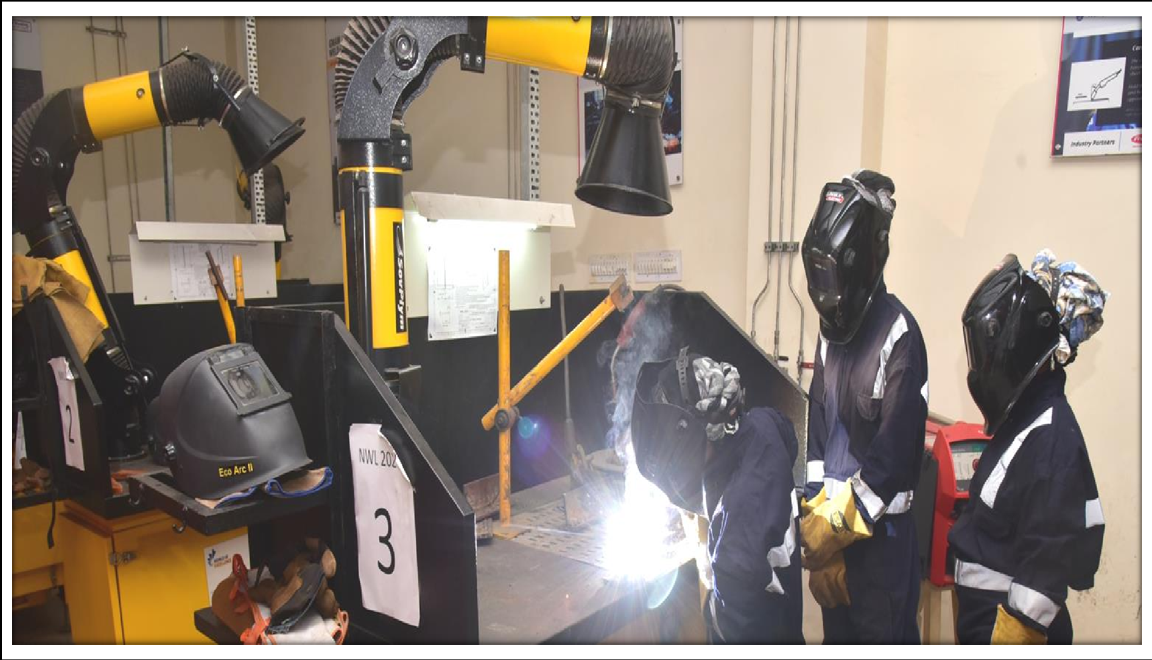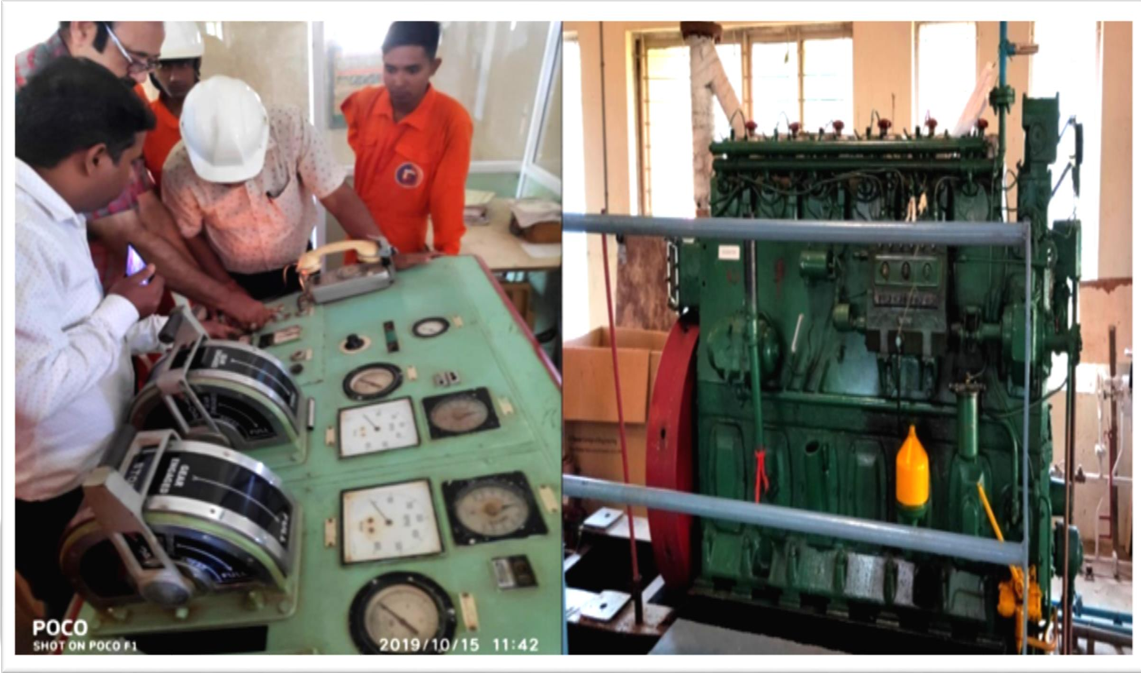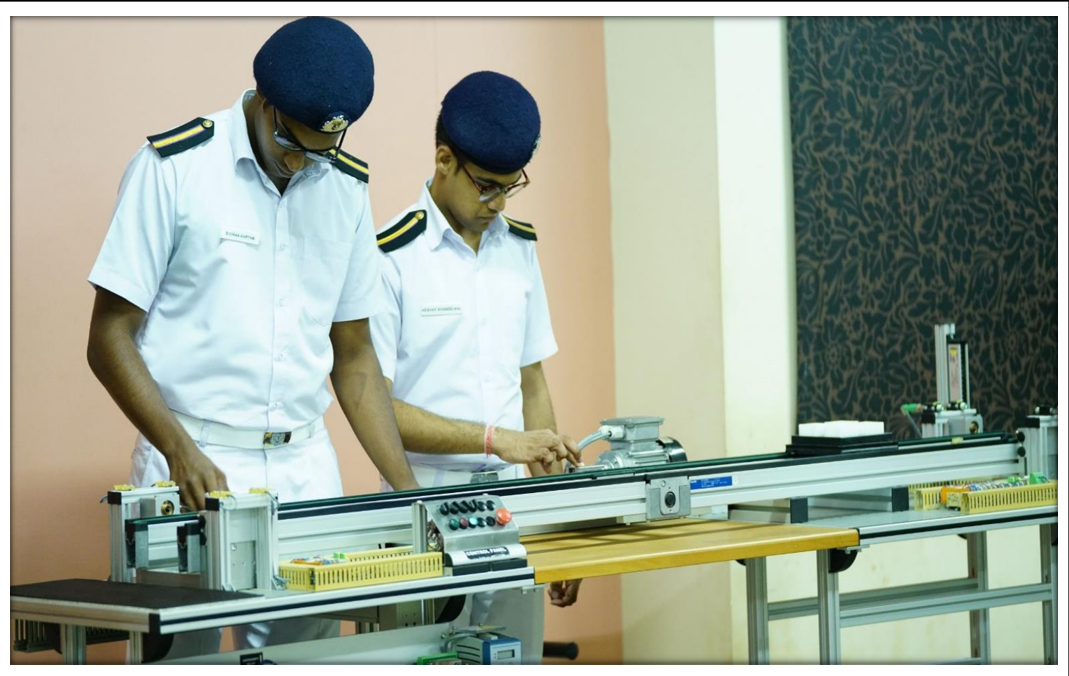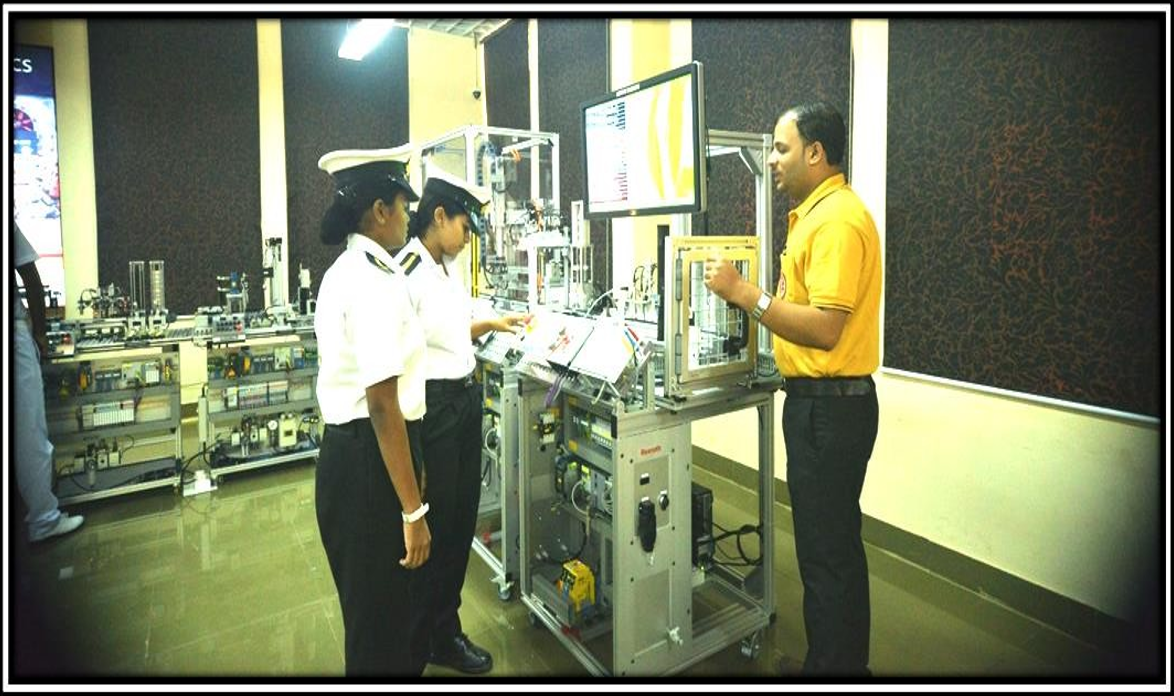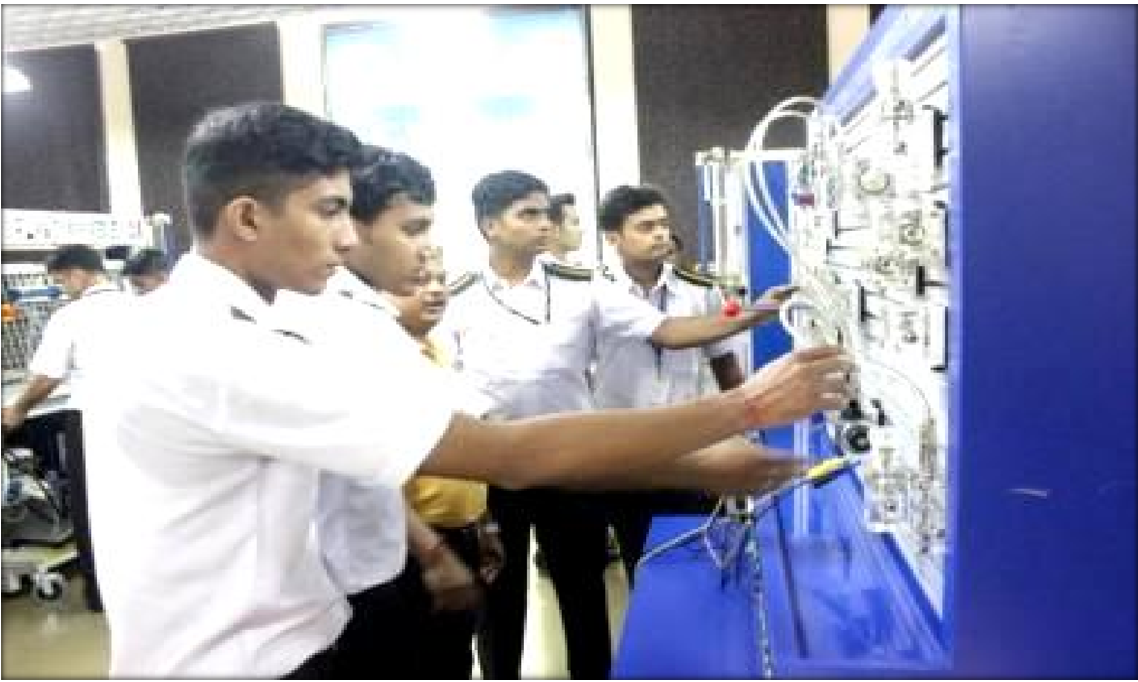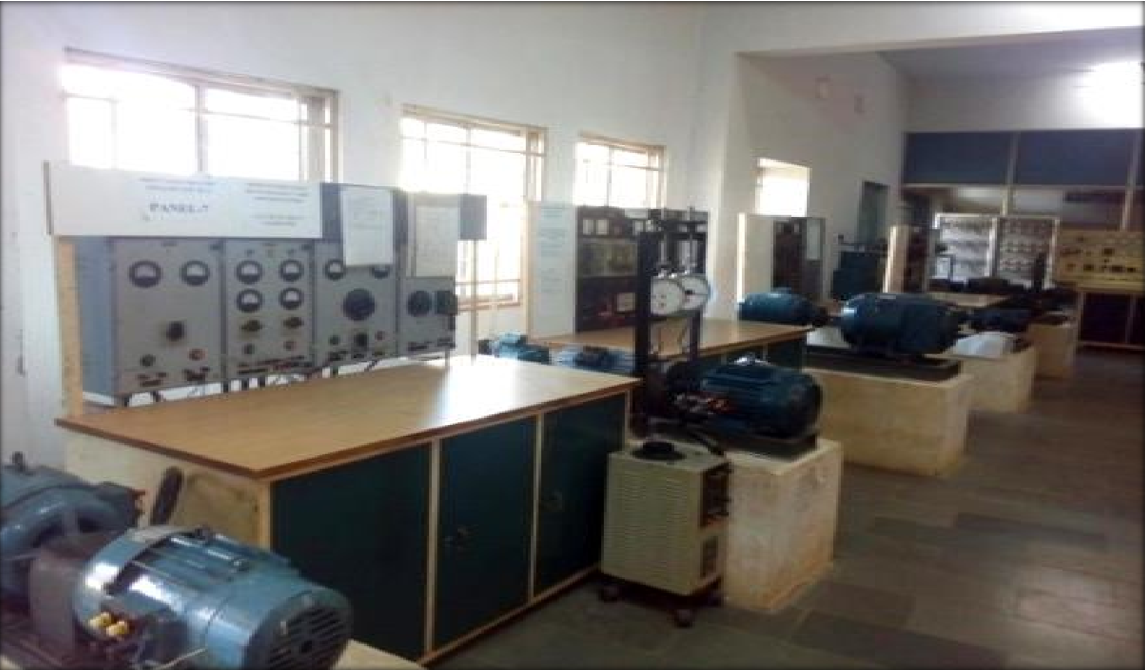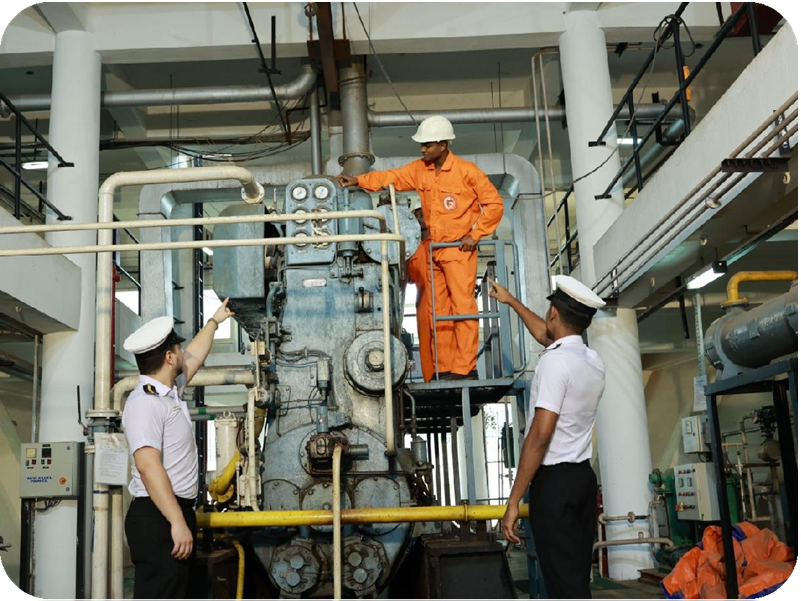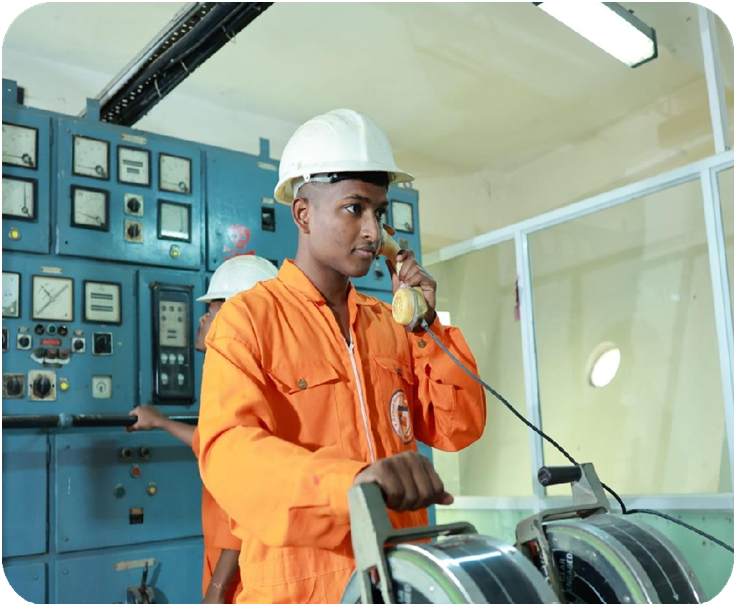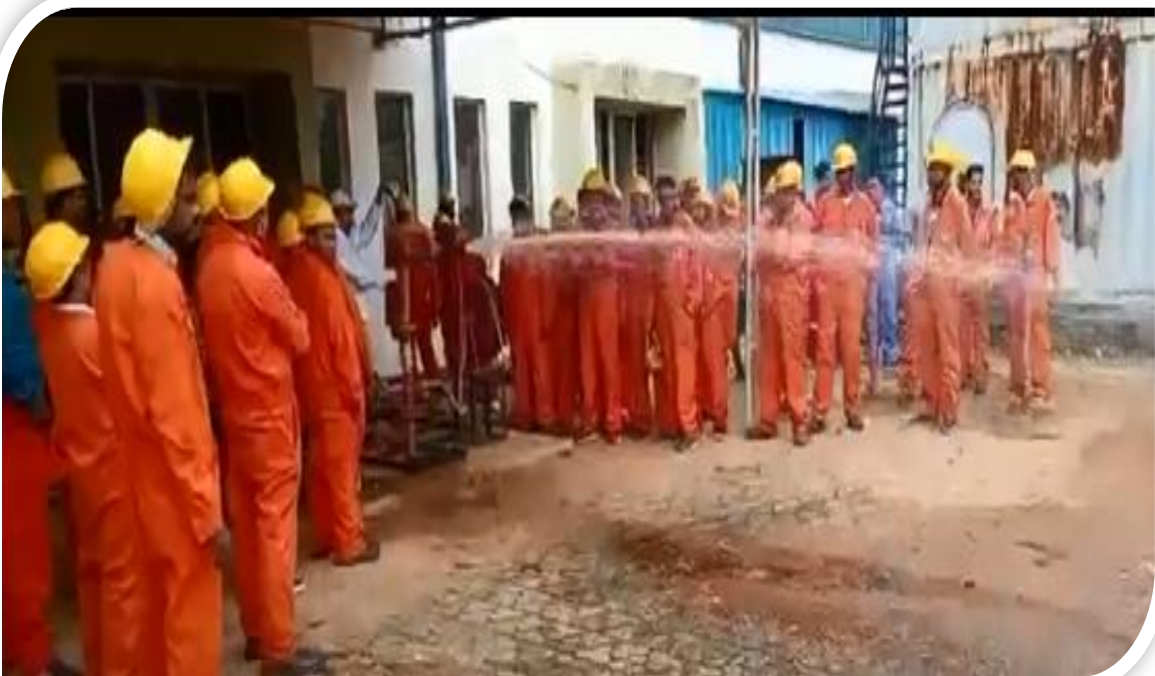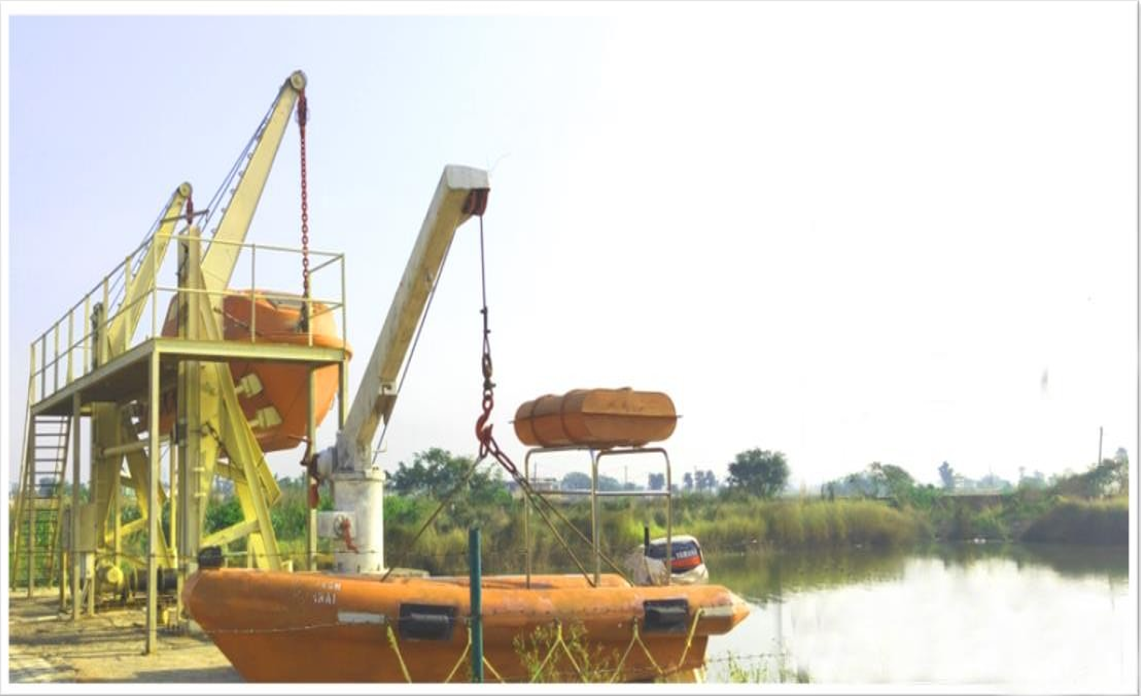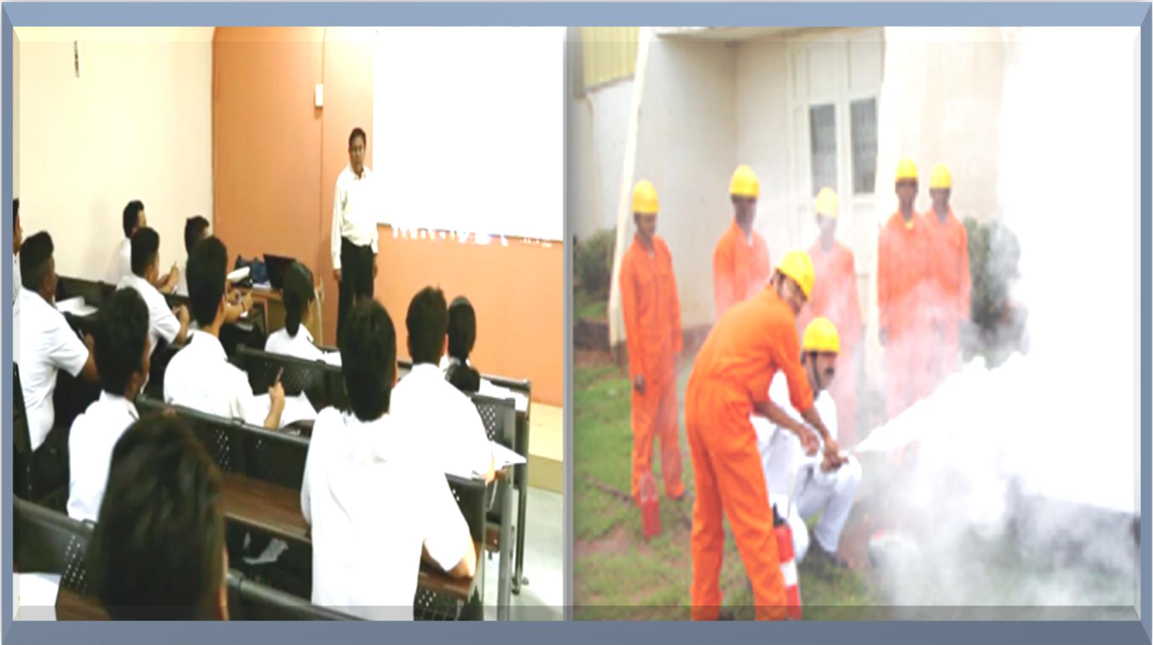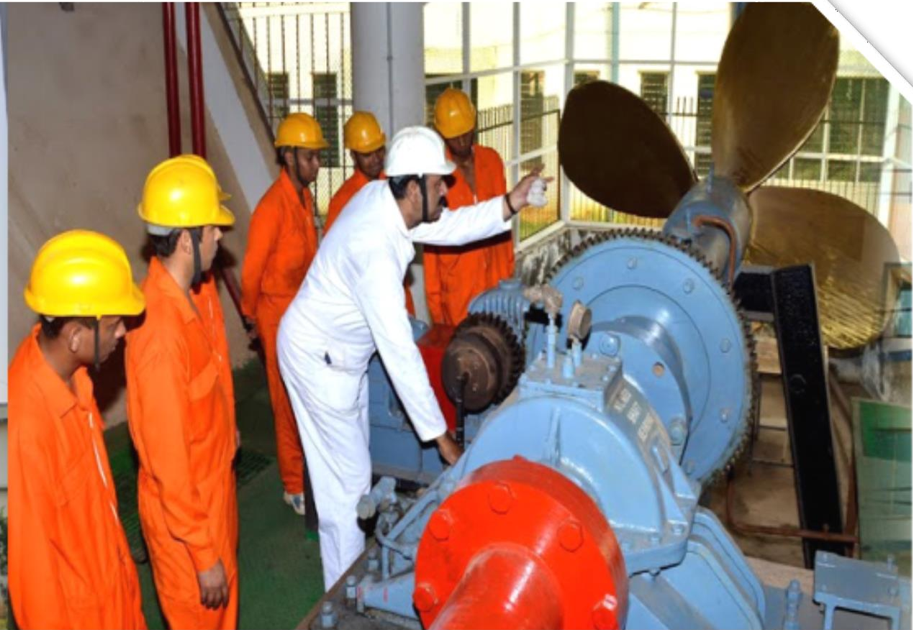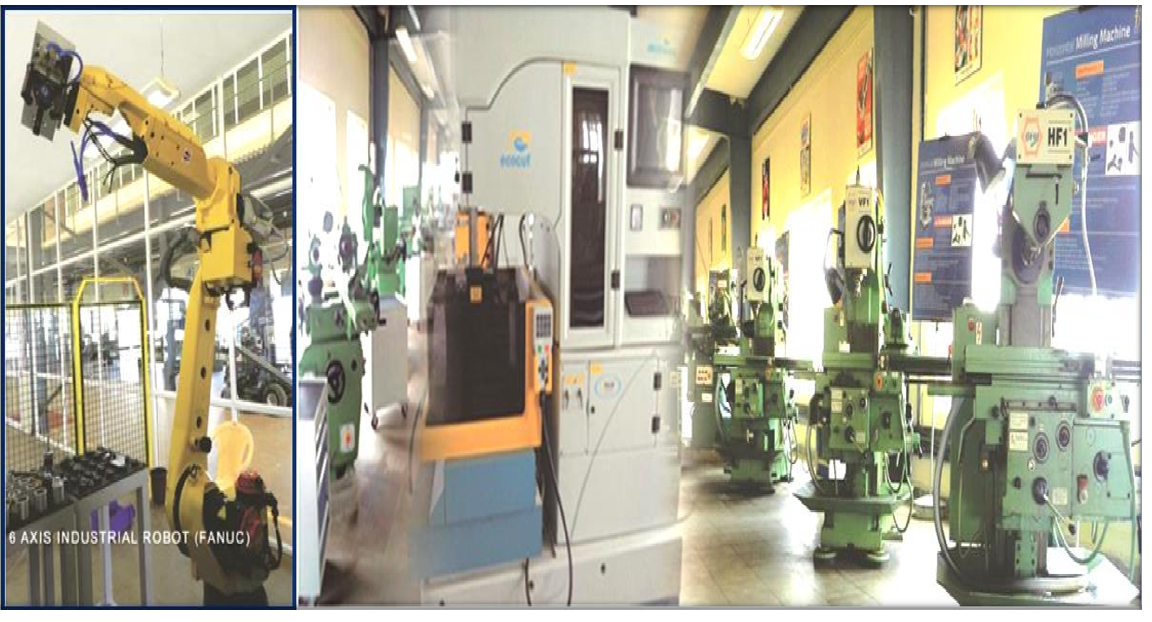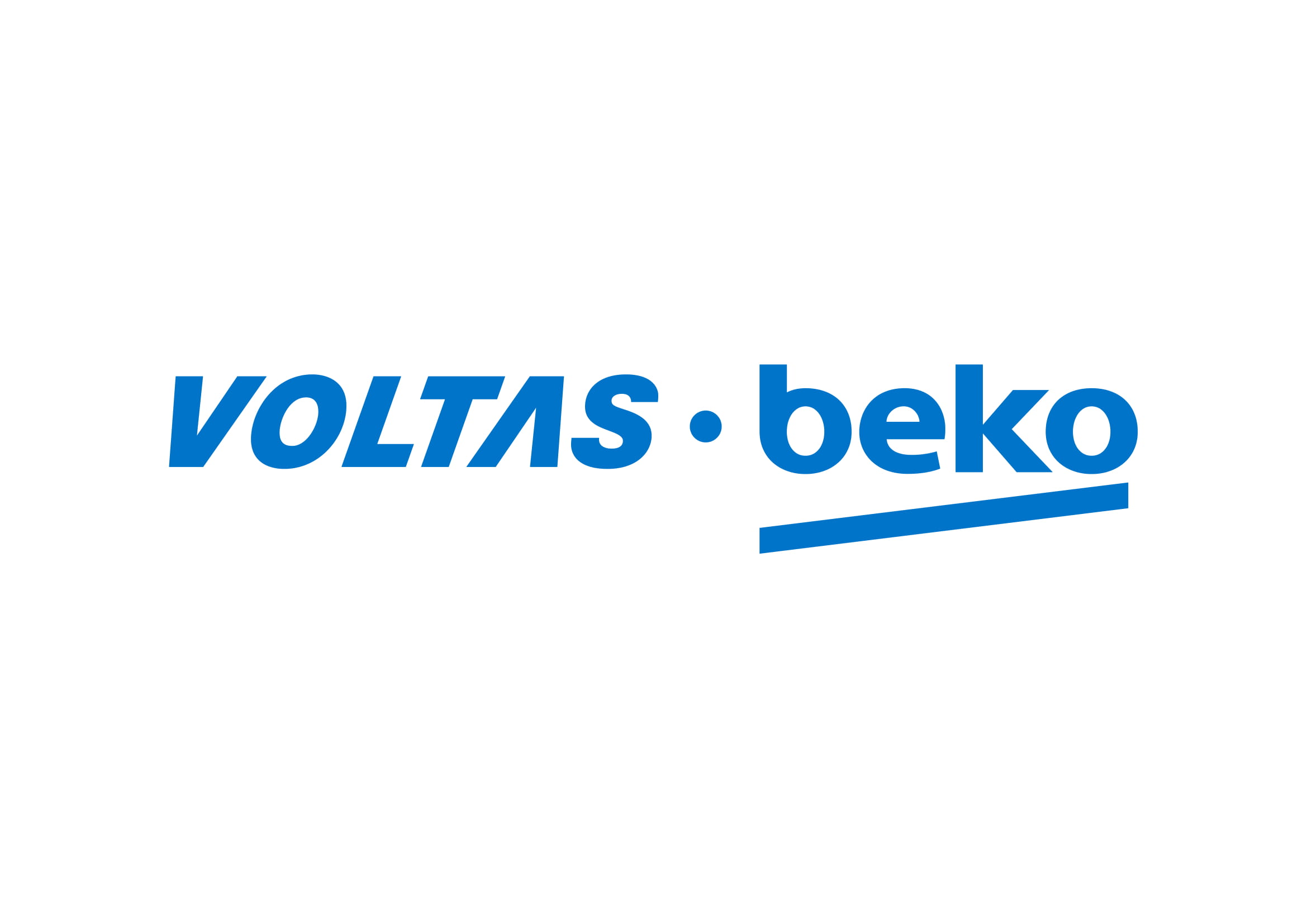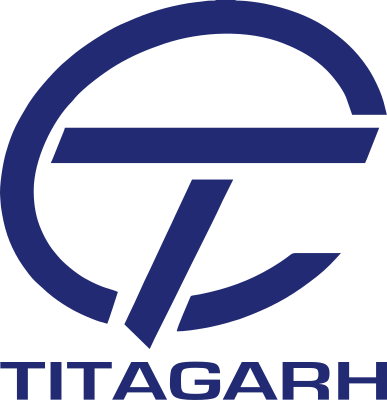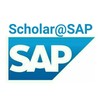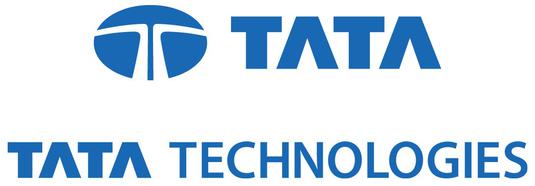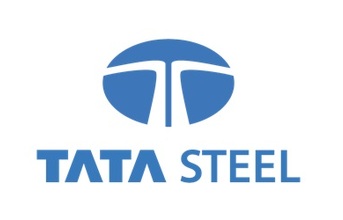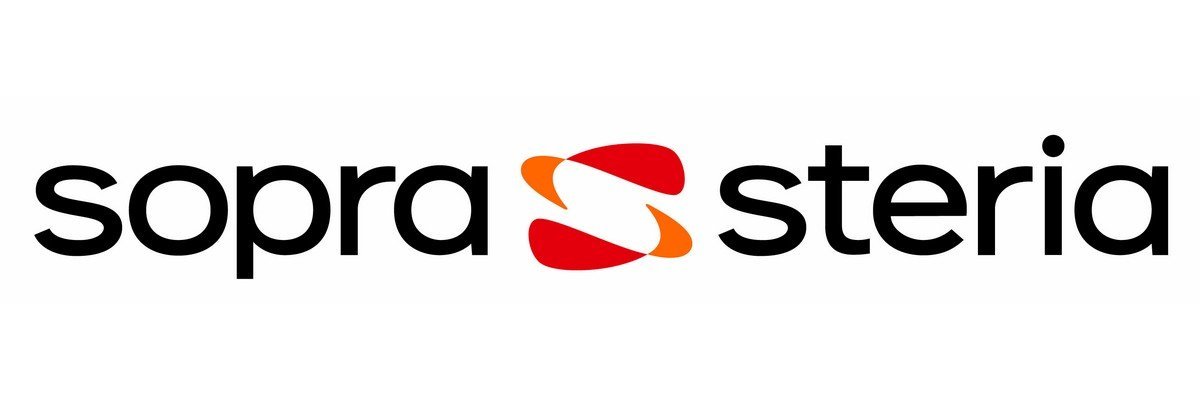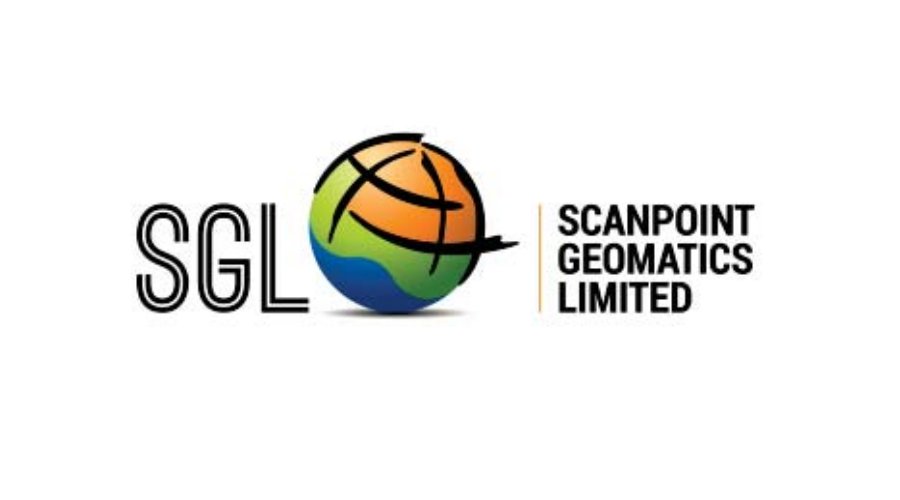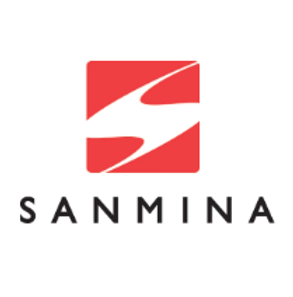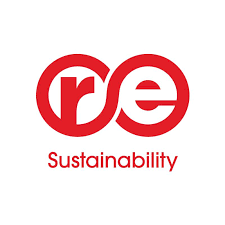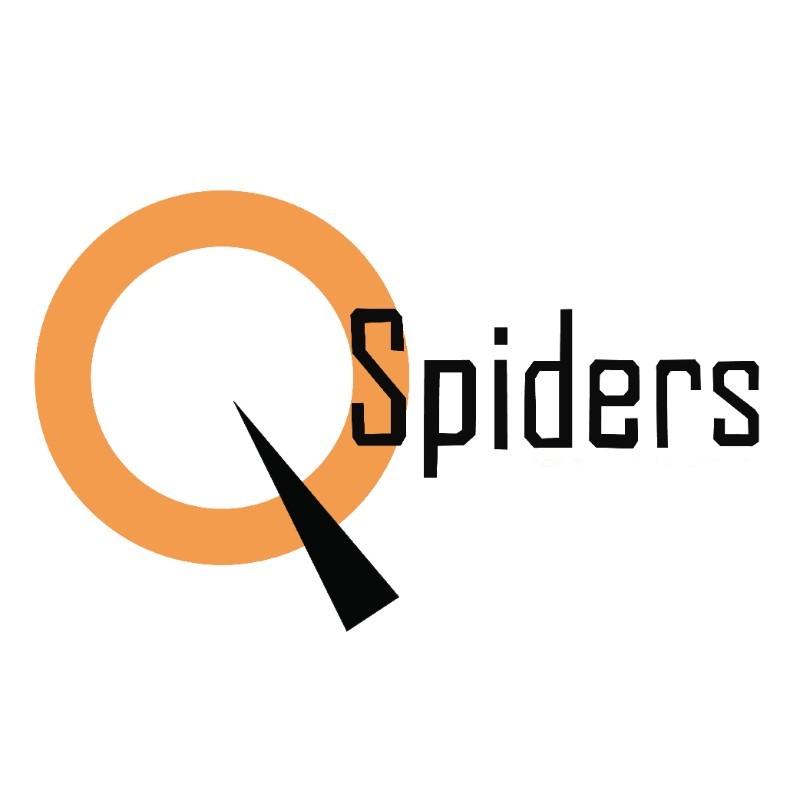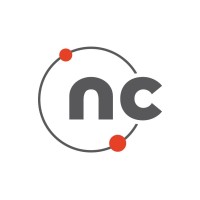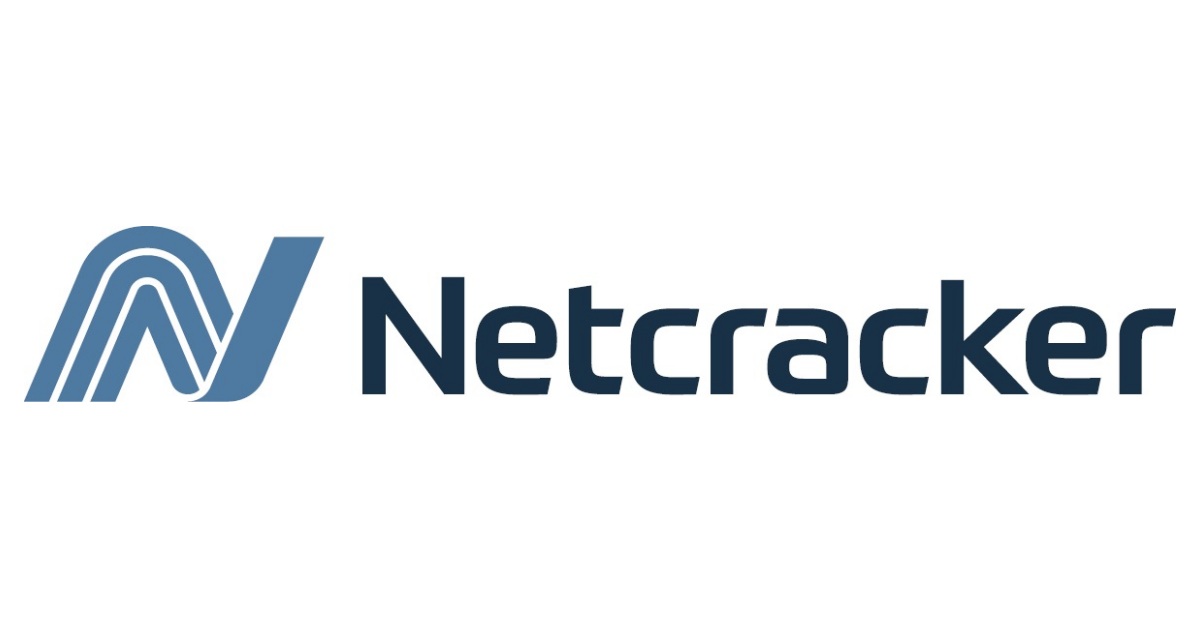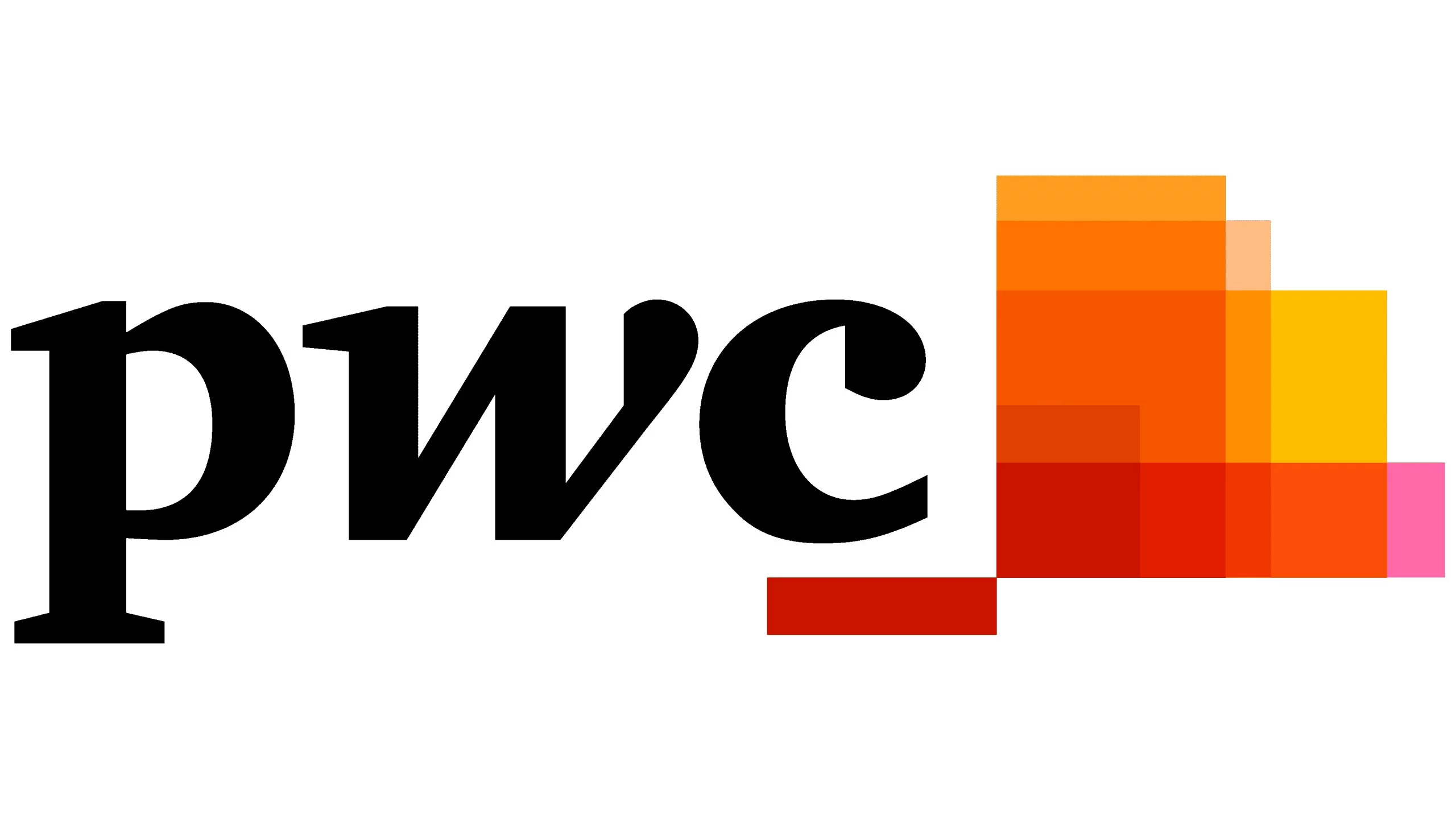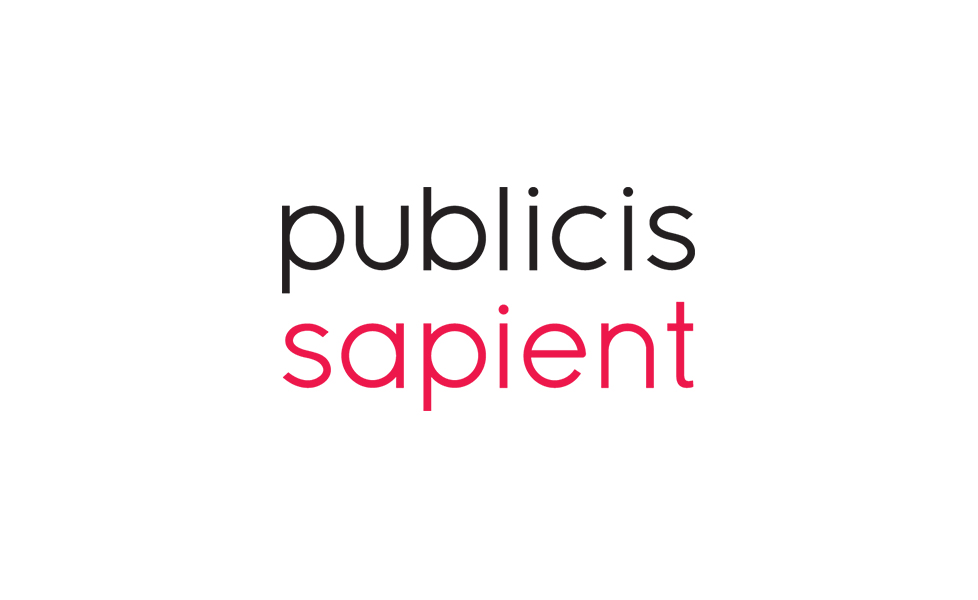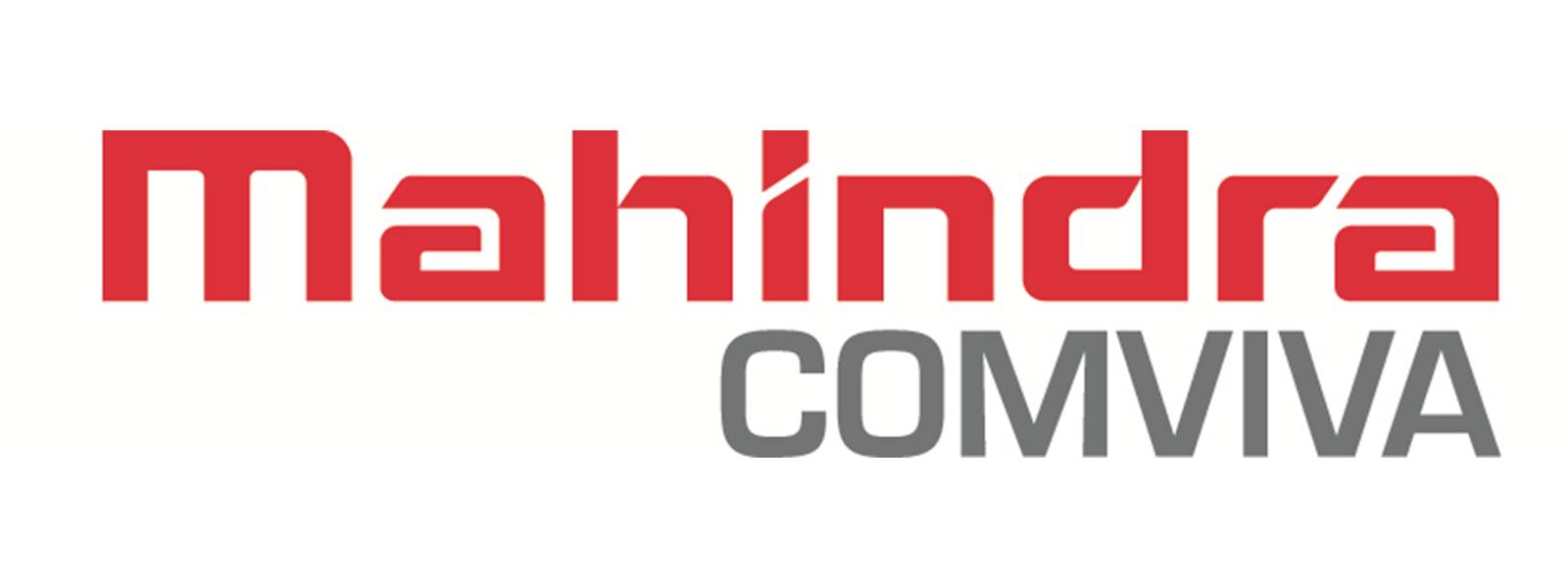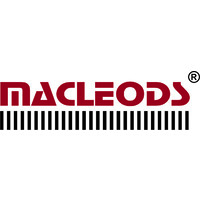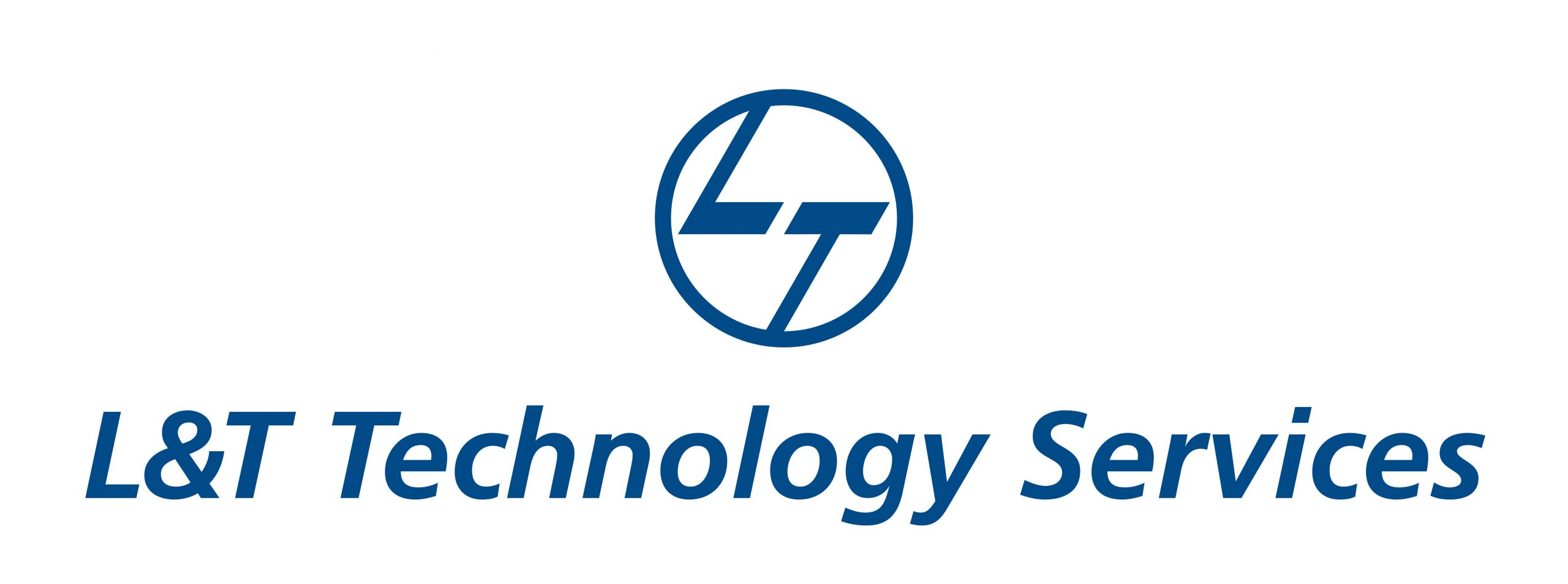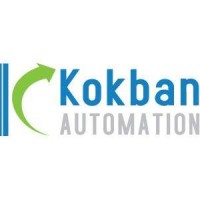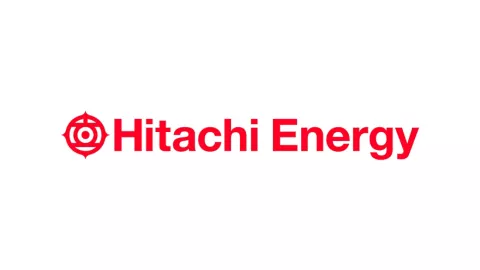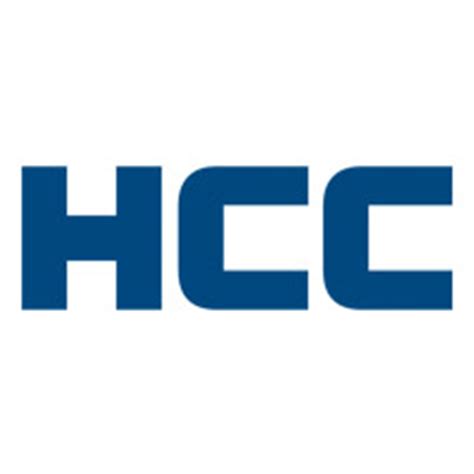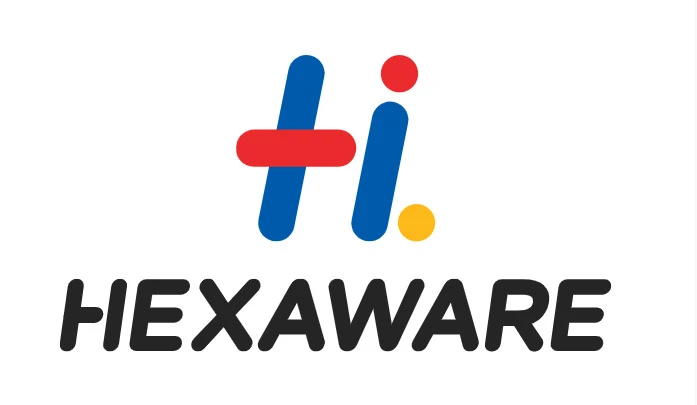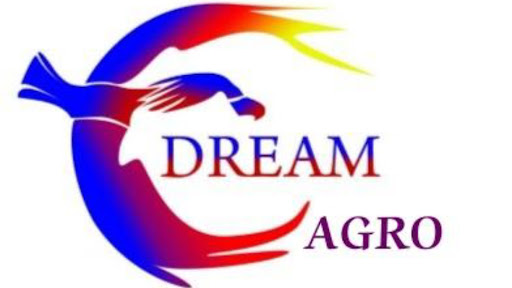Overview
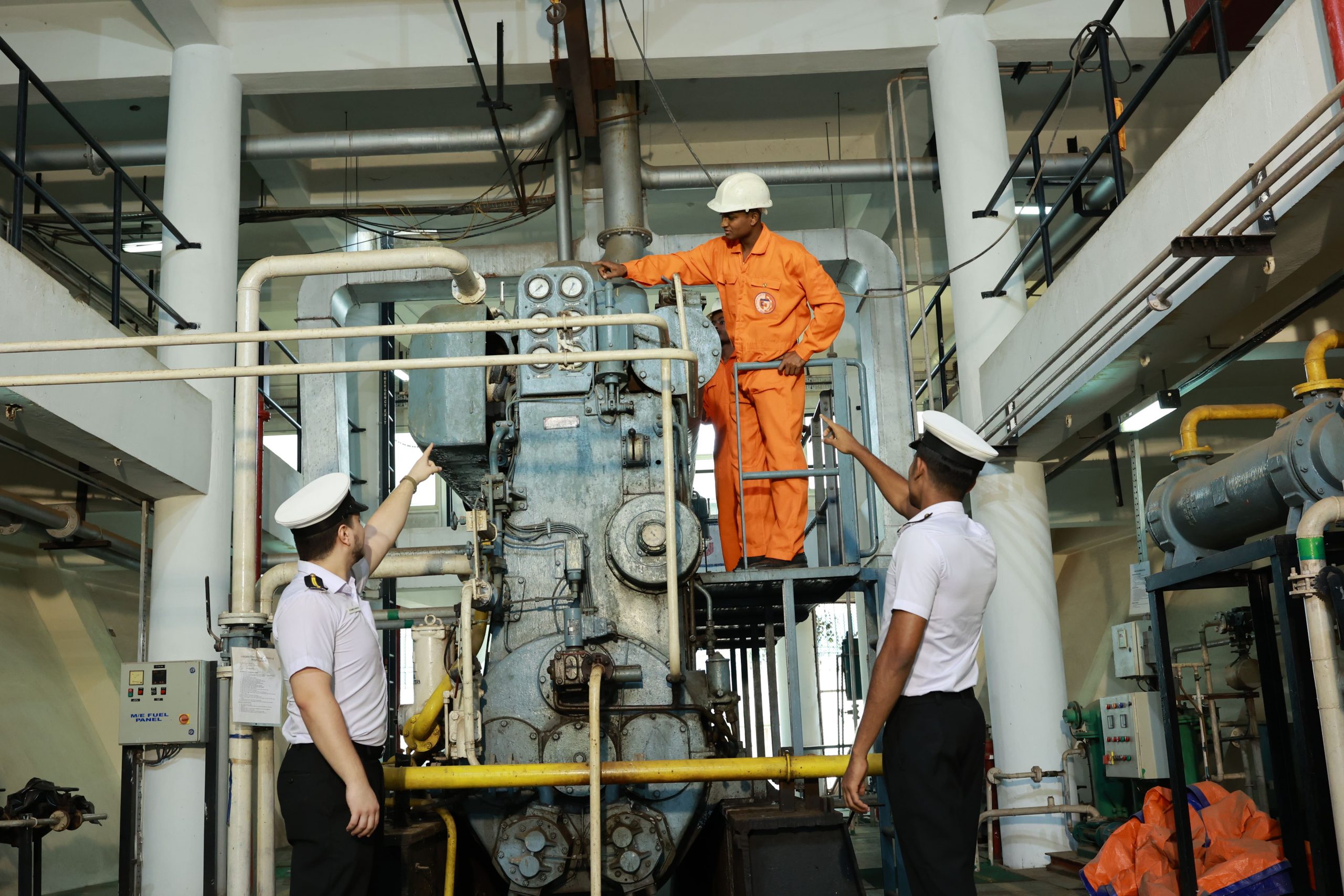
Program Educational Objectives (peo’s)
PEO1
Will become successful marine engineer who will be competent, productive and innovative to the needs of shipping industries or peruse higher education and research apart from taking government and private technical and managerial jobs.PEO2
Work and learn to grow professionally with skill & knowledges throughout their life.PEO3
Demonstrate high standard of professional ability, ethical conduct, appositive attitude, and social responsibility.
Program Outcomes (PO’s)
PO1
Engineering Knowledge-Apply the knowledge of mathematics, science and engineering fundamentals and specialization to solve complex engineering problems.PO2
Problem Analysis: Identify, formulate, research literature and analyze complex engineering problems reaching substantiated conclusions sin first principles of mathematics, natural science and engineering sciences.PO3
Design /development of solutions:-Design solutions for complex engineering problems and design system components or processes that meets the specified needs with appropriate consideration for the public health & safety along with cultural, social and environmental considerationPO4
Conduct investigation of complex problems-Use research based knowledge and research methods including design of experiments, analysis and interpretation of data and synthesis of the information to provide valid conclusionsPO5
Modern Tool Usages:-Create, select and apply appropriate technics, resource, modern engineering and IT tools including predictions and modelling to complex engineering activities with an understanding of the limitations.PO6
T engineer & Society: Apply reasoning based on contextual knowledge to assess societal, health, safety, legal & cultural issues and the consequent responsibilities relevant to the professional engineering practice.PO7
Environment & sustainability-Understand the impact of the professional engineering solutions in societal and environmental context and demonstrate the need of knowledge of sustainable developments.PO8
Ethics-Apply thee ethical principles and commitments to the professional ethics, responsibilities and norms engineering practices.PO9
Individual & team work:-Effective function as an individual or as a member/ leader of a diverse team in a multidisciplinary setting.PO10
Communication-Communicate effectively on complex engineering activates with the engineering communities and with society at large such as being able to comprehend to write comprehensive & effective reports, carryout documentation, make effective presentation with to and fro instructions.
SYLLABUS
Semester - 1
| Sl. No. | Subject Code | Category | Credits | Hour/Week | |||||||
|---|---|---|---|---|---|---|---|---|---|---|---|
| L | P | T | Course Credits | L | P | T | Course Hour |
||||
| 1 | Induction Program (3 weeks at the beginning of the Semester) | MC | 0 | 0 | 0 | 0 | 0 | 0 | 0 | 0 | |
| 2 | MTH21101 | Mathematics 1 | BS | 3 | 0 | 0 | 3 | 3 | 0 | 1 | 4 |
| 3 | PHY23101/CHE23101 | Physics/Chemistry/LAB | BS | 3 | 2 | 0 | 5 | 3 | 3 | 6 | |
| 5 | MHE23210/EEE23210 | Introduction to Mechanical Engineering/Introduction to Electrical & Electronic Engineering | ES | 2 | 3 | 0 | 5 | 3 | 3 | 1 | 7 |
| CSE23201/MHE23220 | Programming for problem solving/Engineering Graphics | ES | 2 | 2 | 0 | 4 | 2 | 3 | 0 | 5 | |
| 6 | UGE23801 | Design hinking & Problem Solving | UGE | 1 | 1 | 0 | 2 | 1 | 2 | 0 | 3 |
| 9 | HSS22001 | Professional Communication | HSM | 2 | 1 | 0 | 3 | 2 | 2 | 0 | 4 |
| MRE22908 | Physical Endurance Training | MC | 0 | 0 | 0 | 0 | 2 | 4 | 0 | 6 | |
| Total | 14 | 8 | 0 | 22 | 16 | 17 | 2 | 35 |
Semester - 2
| Sl. No. | Subject Code | Subject | Category | Credits | Hour/Week | ||||||
|---|---|---|---|---|---|---|---|---|---|---|---|
| L | P | T | Course Credits | L | P | T | Course Hour |
||||
| 1 | MTH21102 | Mathematics 2 | BS | 3 | 0 | 0 | 3 | 3 | 0 | 1 | 4 |
| 2 | CHY23101/PHY23101 | Chemistry /Physics | BS | 3 | 2 | 5 | 3 | 3 | 0 | 6 | |
| 3 | ECE23201/MHE23201 | Introduction to Electrical, Electronic & Mechanical Engineering | ES | 3 | 2 | 0 | 5 | 3 | 3 | 1 | 7 |
| 4 | CSE23201/MHE23220 | Programming for problems solving/ Engineering Graphics | ES | 2 | 2 | 0 | 4 | 2 | 3 | 0 | 5 |
| 7 | UGE23802 | Design Thinking and Enterpreneurship | UGE | 1 | 1 | 0 | 2 | 1 | 2 | 0 | 3 |
| 8 | HSS22002 | English for science, Engineering & technology | HSM | 2 | 1 | 0 | 3 | 2 | 2 | 0 | 4 |
| Engineering Economics & costing | HSM | 2 | 0 | 0 | 2 | 2 | 0 | 0 | 2 | ||
| MRE22919 | Physical Endurance Training | MC | 0 | 0 | 0 | 0 | 2 | 4 | 0 | 6 | |
| Total | 15 | 9 | 0 | 24 | 18 | 17 | 2 | 37 |
Semester - 3
| Sl. No. | Subject Code | Subject | Category | Credits | Hour/Week | ||||||
|---|---|---|---|---|---|---|---|---|---|---|---|
| L | P | T | Course Credits | L | P | T | Course Hour |
||||
| 1 | MRE21321 | Strength of material-I | PC | 3 | 0 | 0 | 3 | 3 | 0 | 1 | 4 |
| 2 | MRE21322 | Mechanics of Machine-1 | PC | 3 | 0 | 0 | 3 | 3 | 0 | 1 | 4 |
| 3 | MRE21323 | Applied Thermodynamics | PC | 3 | 0 | 0 | 3 | 3 | 2 | 1 | 6 |
| 4 | MRE21124 | Electronics & Electronics Lab. | BS | 2 | 1 | 0 | 3 | 2 | 2 | 0 | 4 |
| 5 | MRE22425 | Electrical Machine | PE | 2 | 0 | 0 | 2 | 2 | 0 | 1 | 3 |
| 6 | MRE22126 | Computational Mathematics | BS | 0 | 1 | 0 | 1 | 0 | 2 | 0 | 2 |
| 7 | MRE22627 | Workshop Practical | SDE | 0 | 2 | 0 | 2 | 0 | 3 | 0 | 3 |
| 8 | MRE22628 | SDE | 0 | 1 | 0 | 1 | 0 | 2 | 0 | 2 | |
| 9 | MRE22029 | Technical Writing | HSM | 0 | 1 | 0 | 1 | 0 | 2 | 0 | 2 |
| 10 | MRE22930 | PET(Physical Endurance Training). | MC | 0 | 0 | 0 | 0 | 2 | 4 | 0 | 6 |
| 11 | MRE22431 | Marine Engineering Drawing | PE | 0 | 1 | 0 | 1 | 0 | 2 | 0 | 2 |
| MRE22632 | Fire Prevention & Fire Fighting & LSA-LAB | SDE | 0 | 2 | 0 | 2 | 0 | 3 | 0 | 3 | |
| Total | 13 | 9 | 0 | 22 | 15 | 22 | 4 | 41 |
Semester - 4
| Sl. No. | Subject Code | Subject | Category | Credits | Hour/Week | ||||||
|---|---|---|---|---|---|---|---|---|---|---|---|
| L | P | T | Course Credits | L | P | T | Course Hour |
||||
| 1 | MRE21332 | Ship Structure & Construction | PC | 3 | 0 | 0 | 3 | 3 | 0 | 1 | 4 |
| 2 | MRE23333 | Marine Boiler & Steam Engineering/LAB | PC | 3 | 1 | 0 | 4 | 3 | 2 | 1 | 6 |
| 3 | MRE23334 | Workshop Technology | PC | 3 | 1 | 0 | 4 | 3 | 2 | 1 | 6 |
| 4 | MRE23335 | Marine Heat Engineering & A/C | PC | 3 | 0 | 0 | 3 | 3 | 0 | 1 | 4 |
| 5 | MRE21336 | Strength of Material-II | PC | 3 | 0 | 0 | 3 | 3 | 0 | 1 | 4 |
| 6 | MRE21337 | Mechanics of Machines-II | PC | 3 | 0 | 0 | 3 | 3 | 0 | 1 | 4 |
| 7 | MRE22638 | Elementary Navigation & Seamanship | SDE | 0 | 1 | 0 | 1 | 0 | 2 | 0 | 2 |
| 8 | MRE22939 | PET Physical Endurence Training | MC | 0 | 0 | 0 | 0 | 2 | 4 | 0 | 6 |
| 9 | MRE22040 | General Seminar | HSM | 0 | 1 | 0 | 1 | 0 | 0 | 2 | 2 |
| Total | 18 | 4 | 0 | 22 | 20 | 10 | 8 | 38 |
Semester - 5
| Sl. No. | Subject Code | Subject | Category | Credits | Hour/Week | ||||||
|---|---|---|---|---|---|---|---|---|---|---|---|
| L | P | T | Course Credits | L | P | T | Course Hour |
||||
| 1 | MRE21341 | Material Science./Material Science LAB | BS | 3 | 1 | 0 | 4 | 3 | 2 | 1 | 6 |
| 2 | MRE21342 | Marine Internal Combustion Engine-I. | PC | 3 | 0 | 0 | 3 | 3 | 0 | 1 | 4 |
| 3 | MRE23243 | Fluid Mechanics & Machineries/Mechanics & Fluid LAB | ES | 3 | 1 | 0 | 4 | 3 | 2 | 1 | 6 |
| 4 | MRE21344 | Naval Architecture-1 | PC | 3 | 0 | 0 | 3 | 3 | 0 | 1 | 4 |
| 5 | MRE21345 | Marine Auxiliary Machine-I | PC | 3 | 0 | 0 | 3 | 3 | 0 | 1 | 4 |
| 6 | MRE21846 | Management Science & Econom | UGE | 2 | 0 | 0 | 2 | 2 | 0 | 0 | 2 |
| 7 | MRE22447 | Elementary Design & Marine Drawing | PE | 0 | 2 | 0 | 2 | 0 | 3 | 0 | 3 |
| 8 | MRE22948 | PET – III (Physical Endurance Training | MC | 0 | 0 | 0 | 0 | 2 | 4 | 0 | 6 |
| Total | 17 | 4 | 0 | 21 | 19 | 11 | 5 | 35 |
Semester - 6
| Sl. No. | Subject Code | Subject | Category | Credits | Hour/Week | ||||||
|---|---|---|---|---|---|---|---|---|---|---|---|
| L | P | T | Course Credits | L | P | T | Course Hour |
||||
| 1 | MRE21349 | Marine Internal Combustion Engine-II | PC | 3 | 0 | 0 | 3 | 3 | 0 | 1 | 4 |
| 2 | MRE21350 | Marine Auxiliary Machine-II | PC | 3 | 0 | 0 | 3 | 3 | 0 | 1 | 4 |
| 3 | MRE21351 | Naval Architecture-II | PC | 3 | 0 | 0 | 3 | 3 | 0 | 1 | 4 |
| 4 | MRE21352 | Double Hull Tanker(elective) | PE | 1 | 0 | 0 | 1 | 1 | 0 | 1 | 2 |
| 5 | MRE23353 | Marine Electrical Technology /LAB | PE | 3 | 2 | 0 | 5 | 3 | 3 | 1 | 7 |
| 6 | MRE22954 | Marine Convention & Ship Management | PC | 2 | 0 | 0 | 2 | 2 | 0 | 0 | 2 |
| 7 | MRE21855 | Marine Power Plant Operation. | SDE | 0 | 1 | 0 | 1 | 0 | 2 | 0 | 2 |
| 8 | MRE22656 | Welding | SDE | 0 | 1 | 0 | 1 | 0 | 2 | 0 | 2 |
| 9 | MRE22957 | PET(Physical Endurence Trg | MC | 0 | 0 | 0 | 0 | 2 | 4 | 0 | 6 |
| 10 | MRE22458 | Simulator & Control laboratory | PE | 0 | 1 | 0 | 1 | 0 | 2 | 0 | 2 |
| Total | 15 | 5 | 0 | 20 | 17 | 13 | 5 | 35 |
Semester - 7
| Sl. No. | Subject Code | Subject | Category | Credits | Hour/Week | ||||||
|---|---|---|---|---|---|---|---|---|---|---|---|
| L | P | T | Course Credits | L | P | T | Course Hour |
||||
| 2 | MRE21459 | Advance Marine Technology | PE | 2 | 0 | 0 | 2 | 2 | 0 | 1 | 3 |
| 3 | MRE21560 | Elective-II(solid waste technology & management) | OE | 4 | 0 | 0 | 4 | 4 | 0 | 0 | 4 |
| 4 | MRE21761 | Marine Engine Room Management | MP | 2 | 0 | 0 | 2 | 2 | 0 | 0 | 2 |
| 5 | MRE21462 | Marine Control & Automation Engineering | PE | 3 | 0 | 0 | 3 | 3 | 0 | 1 | 4 |
| 6 | MRE22263 | Marine Machine System Design | ES | 0 | 2 | 0 | 2 | 0 | 3 | 0 | 3 |
| 7 | MRE21464 | DepartmentElective Adv Hyd Machy | PE | 2 | 0 | 0 | 2 | 2 | 0 | 1 | 3 |
| 9 | MRE22966 | Technical Paper & Project | MC | 0 | 0 | 0 | 0 | 0 | 2 | 0 | 2 |
| 11 | MRE22968 | PET(PHYSICAL ENDURANCE TEST) | MC | 0 | 0 | 0 | 0 | 2 | 4 | 0 | 6 |
| Total | 13 | 2 | 0 | 15 | 15 | 9 | 3 | 27 |
Semester - 8
| Sl. No. | Subject Code | Subject | Category | Credits | Hour/Week | ||||||
|---|---|---|---|---|---|---|---|---|---|---|---|
| L | P | T | Course Credits | L | P | T | Course Hour |
||||
| 1 | MRE22769 | On Board Training & assessment | MP | 0 | 10 | 0 | 10 | 0 | 35 | 0 | 35 |
| 2 | MRE22770 | Voyage Report | MP | 0 | 1 | 0 | 1 | 0 | 2 | 0 | 2 |
| 3 | MRE22771 | Environmental Project | MP | 0 | 2 | 0 | 2 | 0 | 3 | 0 | 3 |
| 4 | MRE22772 | Viva Voice | MP | 0 | 1 | 0 | 1 | 0 | 1 | 0 | 1 |
| 5 | MRE22973 | PET (Physical Endurence Training | MC | 0 | 0 | 0 | 0 | 2 | 4 | 0 | 6 |
| Total | 0 | 14 | 0 | 14 | 2 | 45 | 0 | 47 |
Eligibility Criteria
B.TECH
| B.TECH (4Years) | Passed 10+2 examination (intermediate) with 60% marks along with Physics and Mathematics as compulsory subjects. |
|---|---|
| LE B.TECH (3Years) | a. Passed Diploma examination with at least 45% marks (40% marks in case of candidates belonging to reserved category) in any branch of Engineering and Technology. b. Passed B.Sc. Degree from a recognized University as defined by the UGC, with at least 45% marks (40% marks in case of candidates belonging to reserved category) and passed 10+2 examination with Mathematics as a subject. However, the students belonging to B.Sc. stream, seeking admission in mechanical engineering, shall be required to clear the subjects in Engineering Graphics /Engineering Drawing and Engineering Mechanics of the First Year Engineering Program along with the Second year subjects. The students belonging to B.Sc. Stream shall be considered for admission only after filling the supernumerary seats in this category with regular students belonging to the Diploma stream. c. Passed D.Voc. Stream in the same or allied sector. d. In the above cases, suitable bridge Courses, if required, such as in Mathematics may be conducted. |
Brand Association
Career path you can choose after the course
This course opens the door to many possible careers.
Marine Engineer
Naval Architect
Naval Architect
Offshore Engineer
Marine Scientist




